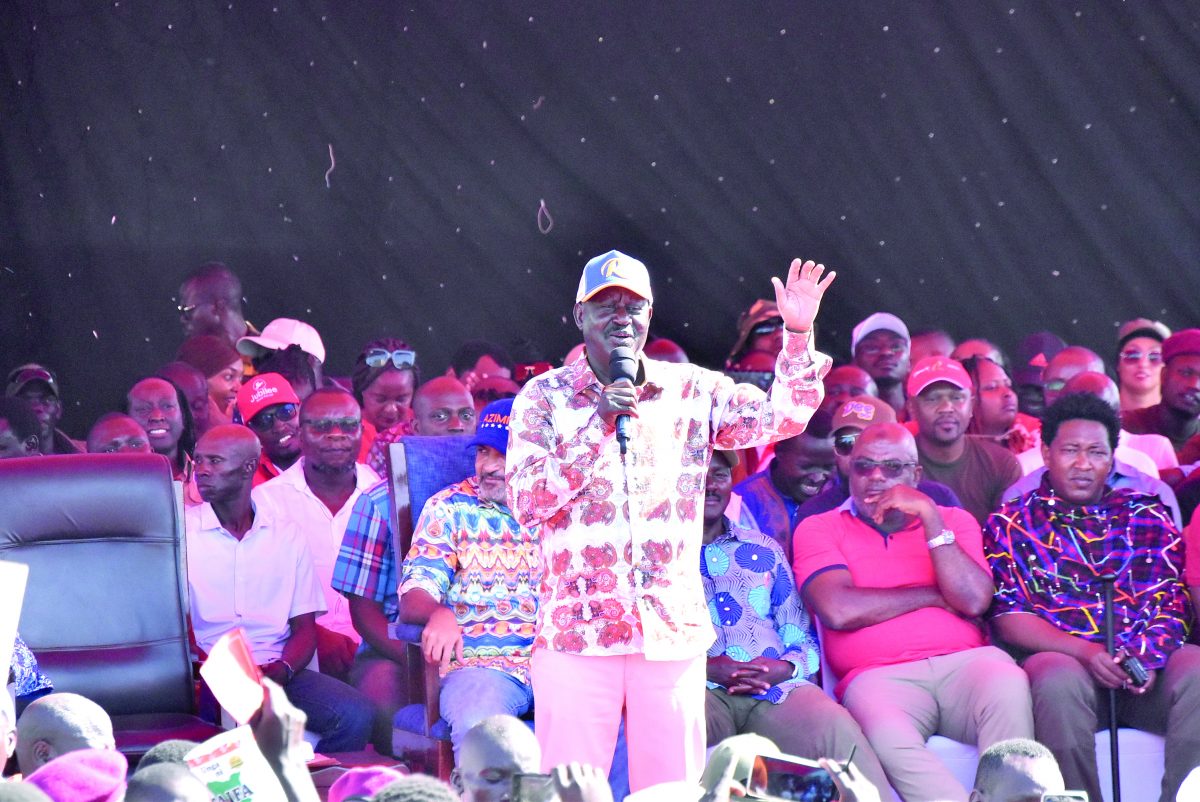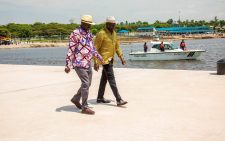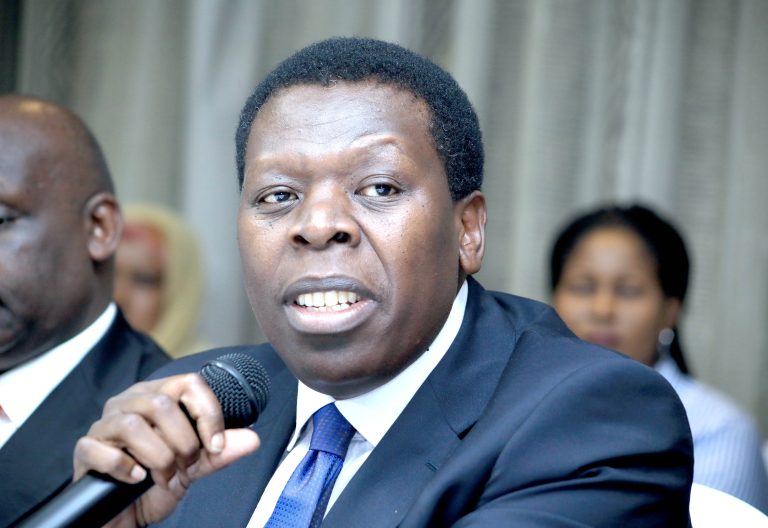Lenten message of reconciliation, inclusion timely

The Lent period is here with us. For 40 days, Christians, mainly of the Catholic denomination, will observe a period of prayers, reflection, fasting and repentance. The 40 days are based on the 40 days that Jesus spent in the wilderness where he prayed but was also tempted by Satan. The 40 days will culminate in Palm Sunday and the Easter season.
This year’s Lenten period campaign message is one that transcends beyond Catholics: The message of reconciliation for an inclusive nation. This is the right message at a time when we are struggling to reconcile political differences without compromising dissenting voices. The message also comes at when we are having difficult conversations on how inclusivity looks like for Kenyans. How can we ensure inclusivity of minority ethnic groups, regions perceived to be opposition strongholds, LGBTIQ+, refugees etc?
This year’s message is anchored on four pillars i.e. reconciliation, mental health, youth as the hope of our society and economic justice. These topics speaks to and/or affect every Kenyan in a way or another. From divisive politics, increased cases of mental illness, exclusion of the youth, misuse of public funds, drought to difficult economic times.
Seven months after the general election, Kenya is yet to get over the “political period”. With an opposition that has refused to accept the election results and a government that is still bitterly holding on the political rivalry, one is left wondering when we will get out this mess.
If a foreigner who knows nothing about Kenya’s politics lands and switches on the television during the prime time news they might think that we are nearing elections.
Reconciliation must, however, be objective and founded on principals. Weakening of opposition through political and development promises is a scam and not true reconciliation. Lastly but most importantly reconciliation must trickle down from the national level to the lowest level. Neighbours that did not agree on political choices must be encouraged and inspired to live together. This can only be possible if we all embrace our national values.
The second issue that the Kenya Conference of Catholic Bishops have put for forth for reflection in this period is that of mental health. Tough economic times, unemployment and societal expectations have fuelled mental health problems.
Anxiety and depression has increased, especially among the young people. It is time for the government and non-State actors to think critically about mental health.
Sober conversations about legal, policy, attitude and practice changes need to be heard. Employers too should promote mental health well-being at the work places.
It is also probably time to ask ourselves if we need to continue criminalising attempted suicide. Should we be sending someone who attempted to commit suicide to prison or to a mental health facility?
Youth as the hope of our society is the third pillar of the reconciliation theme. Young people in Kenya have moved from being marginalised to exclusion. There is no intentional inclusion of young people even where the law envisages that.
The ongoing appointment of new State and public officers by the Kenya Kwanza government has failed to include young people. One or two appointments to tick the box is all that we are seeing. Young people are being asked to be innovators and entrepreneurs but the government has failed to provide favourable legal and policy conditions.
Government initiatives that are meant to promote youth initiatives like National Youth Service (NYS), Kazi Mtaani and Youth Fund have become cash cows for political appointees.
The final pillar of economic justice is at the centre of global human rights conversations. As a country, we need to start thinking of how we can achieve economic justice. The Kenya Kwanza initiative to ensure that everyone pays tax must be supported. This, however, must be objective and within the law. The conversation on economic justice should be expanded to issues such as minimum wage, pay gaps and inclusion and diversity.
As Catholics continue to observe the 40 days of lent, the rest of the nation should join them in reflecting on the above themes as they mean good not just for Catholics but to every concerned Kenyan.
— The writer is a Senior Programme Officer (Civic Space) at Article 19 Eastern Africa









